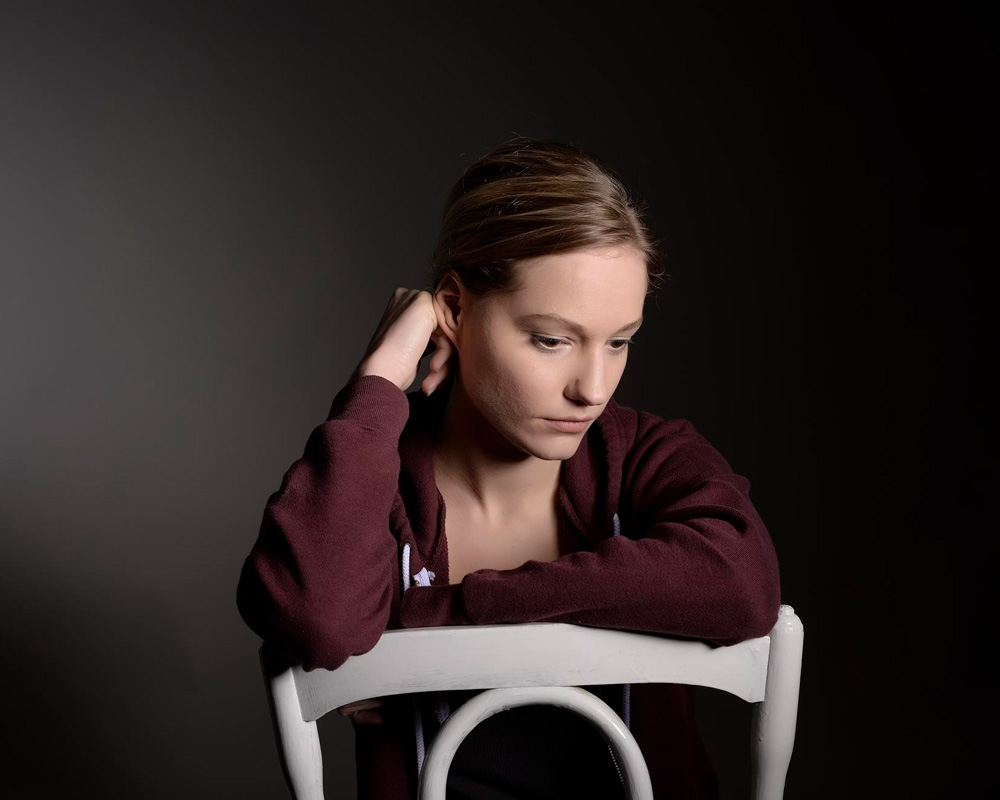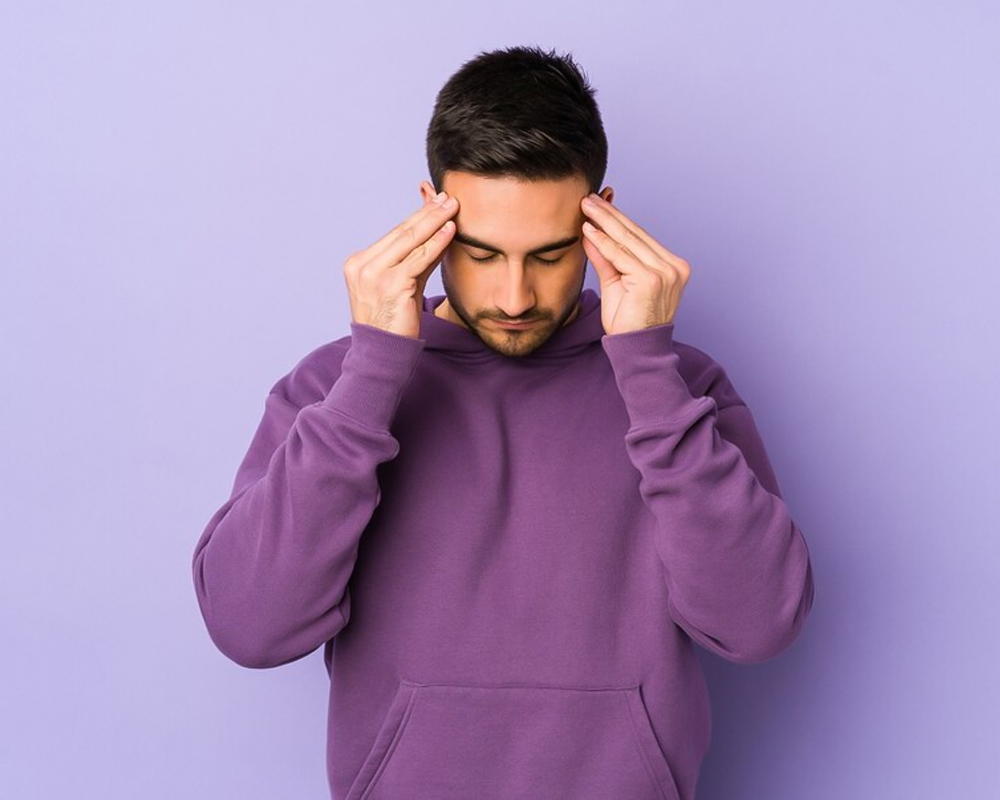Life isn’t always smooth sailing. There are times when we face challenges, big and small, that can throw us off course. And while some of us bounce back relatively quickly, others may find themselves feeling stuck, overwhelmed, or just… down. One of the most common emotional challenges people encounter is depression. Statistically, 5% of the global population faces depression.
But does depression have types? Yes! This blog will unravel a specific type of depression known as situational depression, how it affects individuals, and what can be done to get people out of it. Let’s break it down together.
What is Situational Depression?
It is a form of depression that occurs in response to a specific life event or stressor. Unlike other forms of depression, which can have no single definitive trigger, situational depression arises when something significant disrupts your life, for example, after experiencing a difficult breakup, a job loss, or even the death of someone dear to you. These events can create intense emotional upheaval, leading some to experience symptoms that mirror traditional depression. However, situational depression is temporary. Usually, it resolves once the individual has adjusted to the event or situation.
Mostly, it makes people feel like life has lost its meaning and there is nothing they can do about it. Gradually, they develop uncontrolled negative thoughts that seem very realistic, making them lose interest in everything. Yet, it’s important to recognize that this does not symbolize weakness; it’s simply a reaction to life’s challenges. More importantly, you can walk out of it by staying determined and seeking professional help.
Understanding the Symptoms
Situational depression symptoms may take different forms. Typically, the onset of these symptoms occurs shortly after a stressful event or loss. While the intensity can differ, there are some prominent signs that most people experience during this condition:
Persistent sadness or hopelessness:
Commonly, this is the main sign of situational depression. It makes people find it hard to feel positive about anything, especially after a challenging event.
Loss of interest in activities:
Things you used to enjoy might not hold the same appeal anymore. Whether it’s hobbies, social events, or even work, nothing feels exciting.
Fatigue and lack of energy:
Sometimes it can feel like your body is just exhausted, even if you haven’t been physically exerting yourself. Generally, it’s not uncommon for people with situational depression to feel mentally and emotionally drained.
Difficulty concentrating:
When you’re depressed, it’s hard to focus on even the simplest tasks. It can feel like your mind is foggy and overwhelmed by everything. Eventually, it makes work, school, and daily chores a struggle.
Changes in sleep or appetite:
Depression often messes with your sleep patterns. You might find yourself sleeping excessively or not being able to sleep at all. Similarly, your appetite might fluctuate — you may overeat or totally lose your desire to eat.
Physical aches and pains:
Depression isn’t just mental. It can manifest physically, causing headaches, stomach issues, or unexplained body aches.
These are just a few examples of the situational depression symptoms people may experience. Still, each person’s experience is unique, and some may encounter only a few symptoms, while others might experience all of them. Therefore, it’s important to pay attention to your mental health and seek help when necessary.
The Major Causes
As the name suggests, situational depression is often directly linked to a specific event or situation. Primarily, these are some common causes that lead to it:
- Loss of a loved one: Whether it’s a family member, a friend, or even a pet, losing someone close to you can send shockwaves through your emotional world. Consequently, this gives rise to feelings of sadness, grief, and depression.
- Divorce or breakup: Often, the end of a significant relationship can leave you feeling emotionally shattered. The pain of separation, combined with the adjustment to life on your own, results in feelings of deep melancholy.
- Financial difficulties: Occasionally, money problems, such as losing a job, mounting debt, or a sudden financial crisis can feel like a heavy burden, causing anxiety and hopelessness.
- Work stress or job loss: Career-related stress, pressure, or being unexpectedly laid off can create a sense of instability and uncertainty, triggering situational depression.
- Health problems: Moreover, dealing with a chronic illness or a sudden health scare can lead to emotional distress, particularly if it disrupts your lifestyle or future plans.
- Major life transitions: Sometimes, even positive changes — like moving to a new city or having a baby — can trigger situational depression.
Treatment Options
When people struggle with depression, they wonder, “How long will this last?” Well, the good news is that all forms of depression are treatable with the right approach. Fortunately, they can help people regain their sense of balance and joy.
- Talk to a Therapist or Counselor: Firstly, the most effective situational depression treatment option is therapy. Speaking to a professional can help you process your feelings, develop coping strategies, and provide a safe space to vent your frustrations. Specifically, Cognitive Behavioral Therapy (CBT) helps individuals identify negative thought patterns and replace them with healthier, more constructive ones.
- Medication: Typically, situational depression is short-term, but some people may benefit from antidepressant medication to manage their symptoms. Particularly, a psychiatrist can assess your situation and recommend the appropriate medication if needed.
- Self-care Practices: Furthermore, engaging in activities that promote mental and physical well-being may impose a big change. Exercise, healthy eating, getting enough sleep, and practicing relaxation techniques significantly reduce the symptoms. For example, regular physical activity releases endorphins — the body’s natural mood boosters.
- Social Support: Isolation tends to make depression worse, so leaning on others is important for healing. Don’t underestimate the power of friends and family. Talking to someone you trust, whether it’s a loved one or a support group, can make a huge difference.
- Journaling: Writing down your thoughts can be incredibly cathartic. It helps to externalize your emotions, gain clarity, and track your progress. Writing can also help you process the events that caused your situational depression, allowing you to make sense of the emotional upheaval.
When to Seek Help
Not all sadness is depression, and sometimes we just need a little time to adjust to a difficult situation. However, if you find that your symptoms last for weeks or months, or they’re interfering with your ability to work, socialize, or take care of yourself, it might be time to seek professional help.
While situational depression tends to resolve as you adjust to your new reality, seeking treatment early on can make the process smoother and faster.
Conclusion
If you’ve been wondering, what is situational depression, it’s a form of depression triggered by serious or unwanted life events. Unlike long-term, chronic depression, it is temporary but cannot be left unassisted. By recognizing the symptoms early, seeking appropriate treatment, and leaning on the right support systems, you can navigate through the tough times and come out stronger on the other side.




